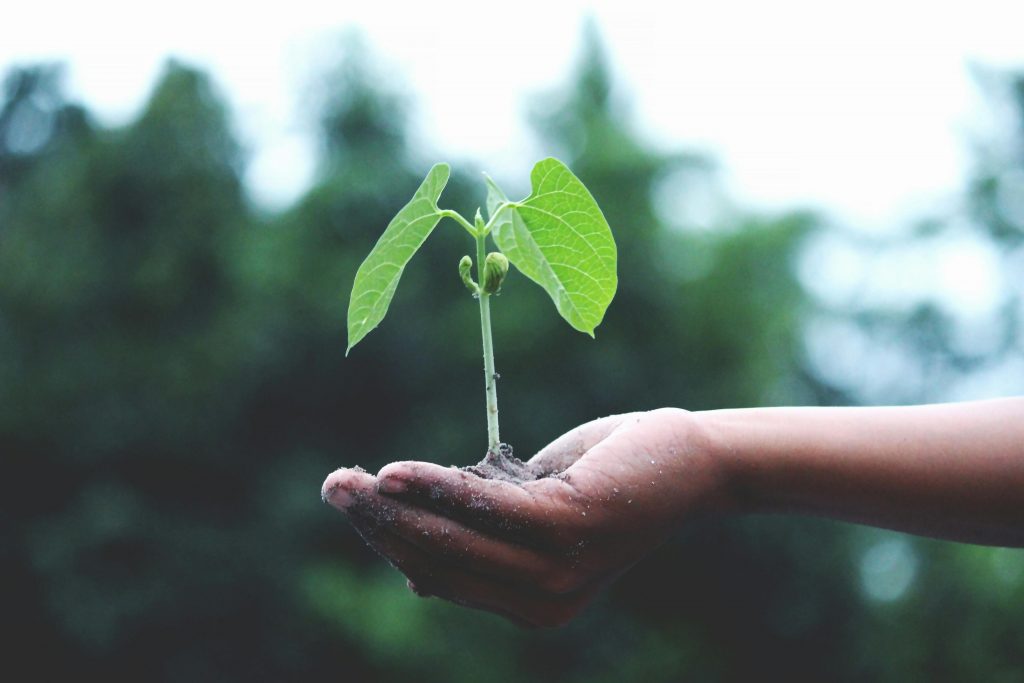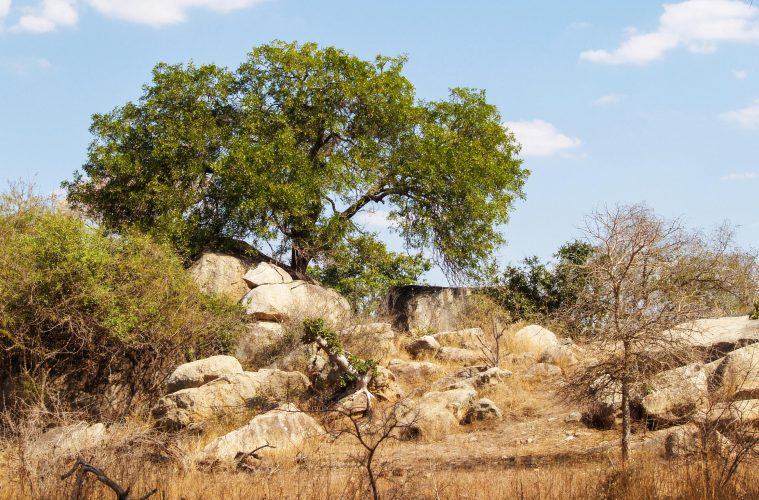On Tuesday, 15 April 2025, South Africa will join the rest of the continent to celebrate Indigenous Tree Day (ITD), which is a growing African initiative dedicated to the conservation and sustainable use of our indigenous trees.
Launched in 2023 by Dr Victor Nsereko Wantate and the African Tree Seeds Group, the inaugural Indigenous Tree Day (ITD24) last year saw thousands of participants gather at 26 sites across 12 African countries. The day shines a spotlight on the urgent need to reverse biodiversity loss by focusing on tree species that are native to our ecosystems, culturally important, and increasingly under threat. Across the continent, Indigenous Tree Day is inspiring collaborative, hands-on action to restore degraded landscapes, support local livelihoods, and reconnect communities with nature. This year, the movement has grown beyond Africa, with Hawaii, the USA joining the list of participating regions, highlighting the global relevance of indigenous tree conservation and restoration efforts.
This year, the South African National Biodiversity Institute (SANBI), in partnership with the Botanical Society of South Africa (BOTSOC), International Union for Conservation of Nature (IUCN) Johannesburg City Parks and Zoo, the Association of Parks and Recreation Africa, South African Broadcasting Cooperation (Limpopo), and the South African Local Government Association (SALGA) will mark Indigenous Tree Day by planting 30 indigenous tree species across its botanical and zoological gardens on 15 April 2025.
Read more: Cultivating Sustainable Communities through Nutritious Gardens with Soil for Life
These species have been carefully selected for their conservation value including locally endemic, threatened, and fruit-bearing trees with planting activities linked to local schools and municipalities to strengthen community engagement. This nationwide effort will also contribute to the ambitious target set by the Department of Forestry, Fisheries and the Environment (DFFE) to plant one million trees in 2025, a bold step toward greening our communities, restoring ecosystems, and building climate resilience.

Pexels
“Indigenous Tree Day is an important reminder that biodiversity loss is not just a global concern, it’s a local responsibility,” says SANBI CEO, Mr Shonisani Munzhedzi.
“As SANBI, we are committed to working with communities, schools, and partners across the country to restore and protect the indigenous trees that sustain our ecosystems, our cultures, and our future.”
Each planting site represents more than just a tree in the ground, it’s an opportunity to share knowledge, inspire the next generation, and raise awareness about the immense value of our indigenous natural heritage.
Indigenous trees are the backbone of healthy ecosystems. Unlike exotic or invasive species, they are uniquely adapted to local conditions, making them more resilient in the face of climate change. They provide vital food and shelter for native birds, insects, and animals, while also helping to conserve water and protect soils. Beyond their ecological role, indigenous trees hold deep cultural, medicinal, and economic importance, especially in rural and traditional communities where they support livelihoods and preserve heritage.
“Our national botanical gardens are living classrooms,” says Christopher Willis, SANBI’s Chief Director for National Botanical Gardens. “They are ideal spaces to educate the public, especially young people, about the importance of indigenous trees and the urgent need to protect them. This day gives us a chance to bring communities together through trees that tell the story of who we are as Africans”
Indigenous Tree Day is an inclusive call to action for everyone, from individuals and schools to civil society groups, businesses, and government institutions. There are many ways to get involved: plant indigenous trees sourced from verified local nurseries, especially those that are threatened or culturally significant; host educational events in schools or community spaces; partner with others to support indigenous nurseries and conservation initiatives; and help track the growth and health of planted trees to ensure their long-term survival.
The vision for Indigenous Tree Day is simple, restore our ecosystems, protect our biodiversity, and honour the natural and cultural value of indigenous trees across Africa. It is a celebration of what we still have, and a commitment to ensure it remains for generations to come.
This April, let’s grow more than trees, let’s grow our legacy.
ALSO SEE: INDIGENOUS FAVOURITES YOU NEED IN YOUR GARDEN
Image: Pexels


